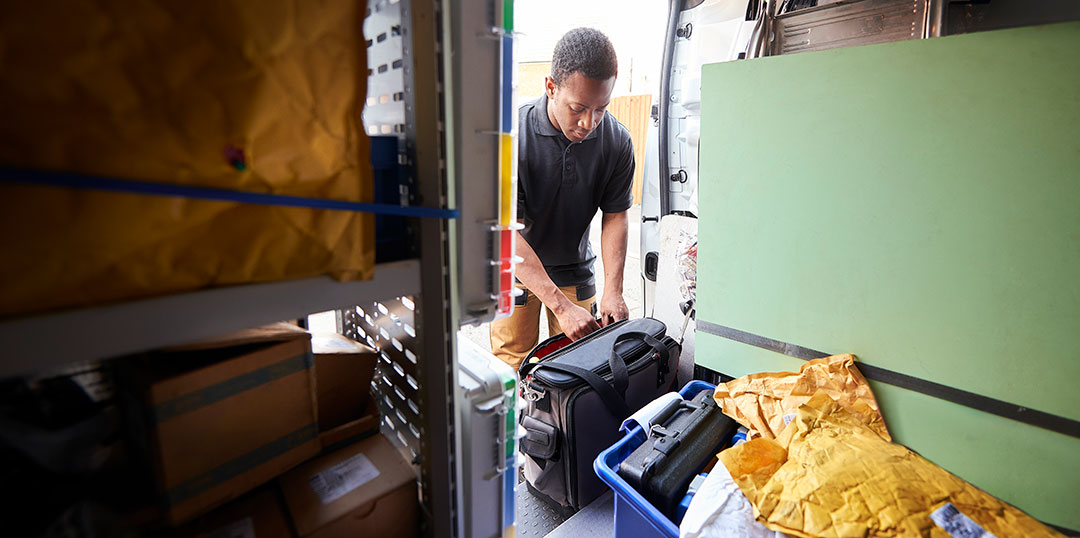A guide to grants and incentives for Installers
Do you install small-scale renewable energy systems to heat or power homes or small businesses? As an MCS certified installer, you can apply for a range of government grant incentives than can make switching to home-grown energy more accessible and affordable for your customers.
MCS certification is a requirement for accessing many UK government incentives. MCS certification gives consumers confidence to invest in renewable energy, by ensuring their installation is installed and maintained to industry-recognised MCS Standards.
Click here to find out how to become MCS certified.
MCS is an eligibility requirement for the various incentive programmes available, but we do not administer any of these schemes.
BOILER UPGRADE SCHEME (BUS)

Are you an MCS certified installer of low-carbon heating systems in England or Wales? If so, you are eligible to apply to the Boiler Upgrade Scheme (BUS).
The Boiler Upgrade Scheme comprises £1.5 billion of total support set until 2028.
You need to be an MCS certified installer to apply and register for the Boiler Upgrade Scheme to provide your customers with the grant.
You can find out more information on the Boiler Upgrade Scheme here.
Please be aware that biomass installations are only supported in limited circumstances, and solar thermal is excluded from the scheme.
Installers will be required to lead the voucher application on behalf of the consumer. Installers are also expected to discount the value of the grant from the total cost paid by the consumer and include this in their quote.
Homes and small non-domestic buildings on and off the gas grid, including owner-occupiers, private landlords and custom-builds, are eligible for the BUS. New buildings and social housing will not be eligible for support. The consumer must have an EPC issued within the last 10 years to qualify.
More details on the BUS can be found here. BEIS has also published a leaflet to explain the scheme in detail.
SMART EXPORT GUARANTEE (SEG)

The Smart Export Guarantee (SEG) will ensure that households and businesses with small-scale renewable technologies earn money by selling any extra electricity they generate from their renewable installation back to the National Grid through their electricity supplier.
You will need to be an MCS certified installer to guarantee access to a regulated SEG export tariff. Energy suppliers often ask consumers for their MCS certificate to confirm this.
MCS certification (or equivalent) will be a requirement to qualify for the SEG, helping to safeguard high standards in the industry.
All customers will be able to sign up for new export tariffs once they go live on the 1st January 2020 (or from now with Octopus).
If they are already in receipt of FiT, they will have to decide which to keep, either the FiT payment or the export tariff. However, new installations between the 1st April 2019 and 31st December 2019 must be MCS certified to qualify for SEG. This is because MCS certification cannot be applied retrospectively to an installation.
Export tariffs are not like government incentives. The terms for an export tariff are set by the energy supplier, who will only pay for the electricity they receive from the date on which the tariff is applied to a consumer’s energy supply/account.
Useful sites for SEG:
Ofgem
Solar Energy UK – SEG League Table
Installers can download an information leaflet about SEG to distribute to homeowners.
SCOTTISH GOVERNMENT’S MCS CERTIFICATION FUND

To support the UK’s transition to net zero, the Scottish Government is providing funding to support installers of heating systems to transition from fossil fuel boilers installations to low carbon heating systems such as heat pumps.
The Scottish Government’s MCS certification fund provides heating engineers with an interest in installing heat pumps (either air, ground or water source) with a grant to become MCS certified on heat pumps.
The grant will pay 75%, up to a maximum of £1,000, of the certification fees and will run until funds run out or until the end of March 2025, whatever comes first.
Please note, this funding is not retrospective if you are already MCS certified for a heat pump technology.
You can read more about the fund on the Energy Saving Trust’s website.
HOME ENERGY SCOTLAND GRANT AND LOAN (HES)

If your customer lives in Scotland, they could benefit from a Government grant and/or an interest-free loan for investing in a range of low carbon technologies.
Consumers can access the following funding:
- Up to £16,500 to install a heat pump (a £7,500 grant plus an optional £7,500 interest-free loan; or a £9,000 grant plus an optional £7,500 interest-free loan if they qualify for a rural uplift)
- Up to 75% of combined costs of home energy efficiency improvements (a grant of up to £7,500 or £9,000 if they qualify for a rural uplift)
- Up to £6,000 for energy storage systems as an interest-free loan
The loan is only available for properties in Scotland.
Find out more information about the grants and loans here on the Home Energy Scotland website.
DOMESTIC RENEWABLE HEAT INCENTIVE (DRHI)

The Department for Business, Energy and Industrial Strategy (BEIS) closed the Domestic Renewable Heat Incentive (DRHI) to new applications at 23:59pm on 31 March 2022. This included applications to register Metering and Monitoring Service Packages (MMSP).
The closure of the DRHI does not affect any installations that currently claim under the scheme.
Information on the closure of the DRHI can be found on the Ofgem website.
FEED-IN TARIFF (FiT)

The FiT was introduced on 1st April 2010 and closed on 31st March 2019.
The scheme requires participating licensed electricity suppliers (FiT Licensees) to make payments on both generation and export from eligible installations. Both the product and installers must be MCS certified.
Useful links:
Ofgem
